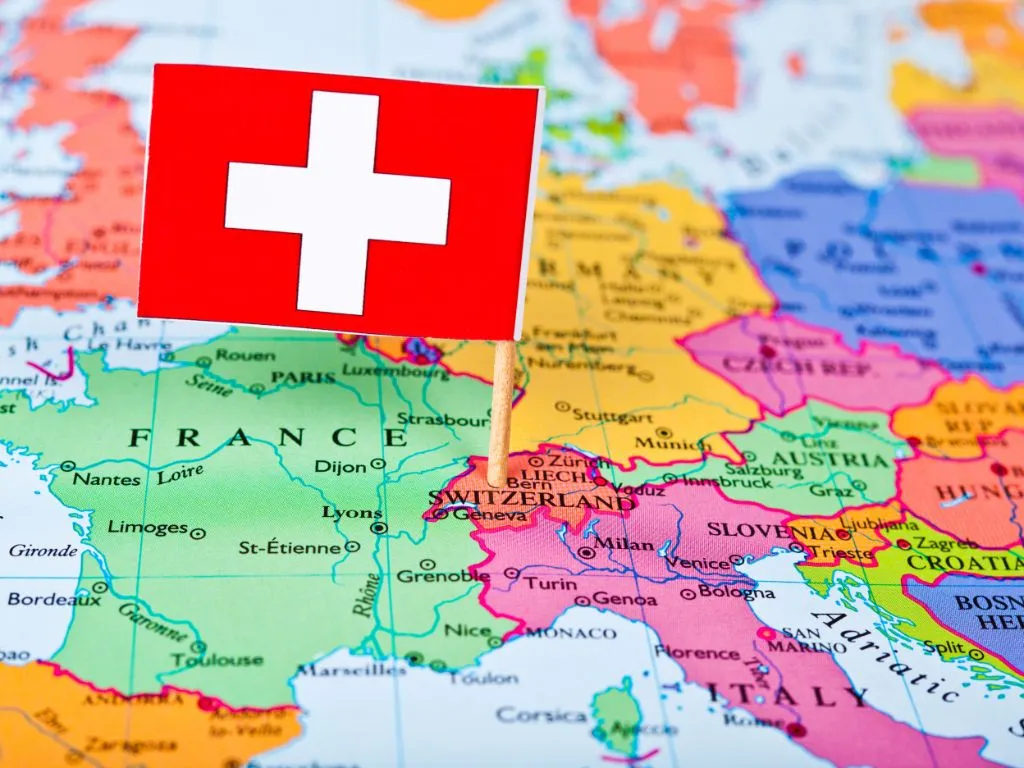- Home
- News Details
News Details

Switzerland Notifies WTO of Draft Amendments to Chemical Risk Reduction Ordinance
2025-07-04 Reference source : World Trade Organisation
WTO TBT Notification Stockholm Convention Compliance Switzerland REACH Alignment Chemical Regulation
Switzerland has officially notified the World Trade Organization (WTO) of a draft revision to the Chemical Risk Reduction Ordinance (ORRChem). The proposal introduces new restrictions on several hazardous substances, aligning with the updated EU REACH regulations and the Stockholm Convention on Persistent Organic Pollutants (POPs).
The public comment period is open until 27 July 2025, providing stakeholders the opportunity to respond to the proposed measures.
Objective and Rationale
The revision aims to strengthen the protection of human health and the environment from harmful chemicals. It also supports international harmonization, the use of safer chemical alternatives, and improved recycling practices, while aligning with EU standards and fulfilling Switzerland's commitments under international treaties.
Responsible Authorities
-
The Federal Office for the Environment (FOEN) is the Primary regulatory authority responsible for drafting and implementing chemical safety measures.
-
The State Secretariat for Economic Affairs (SECO) handles the international trade-related comments and WTO inquiries.
Key Provisions in the Draft Ordinance
-
Ban on Dechloran Plus and UV-328: These substances, as well as mixtures and articles containing them, will be prohibited from manufacture, use, and sale, with limited temporary exemptions.
-
PFAS Restrictions: Based on EU Regulation (EU) 2024/2462, PFHxA and its precursors will be banned from various applications, including food contact materials, cosmetics, ski waxes, and paper-based products.
-
Microplastic Ban: Preparations containing intentionally added microplastics will be banned, impacting industries such as cosmetics, detergents, fertilizers, pesticides, and artificial sports surfaces. The draft mirrors the phasing and exemptions set out in EU Regulation (EU) 2023/2055.
-
Lead in PVC: There will be restrictions on the lead content of PVC products, with exemptions for recycled PVC, which is aligned with EU Regulation (EU) 2023/925.
-
Formaldehyde Emissions: Market restrictions on articles and vehicles exceeding formaldehyde emission limits, in line with EU Regulation (EU) 2023/1464.
-
Fluorinated Gases and Ozone-Depleting Substances: New controls on hydrofluoroolefins (HFOs), fluorinated ketones, and greenhouse gases in applications such as foams, heating ventilation and air conditioning (HVAC) systems, and aerosols, in accordance with Regulation (EU) 2024/573 and the Montreal Protocol.
Timeline:
Switzerland notified the draft regulation to the WTO on 28 May 2025. The comment period remains open until 27 July 2025, allowing 60 days for stakeholders to provide feedback. The regulation is expected to be adopted in November 2025, with an intended entry into force on 1 December 2025.
We acknowledge that the above information has been compiled from World Trade Organisation.
Global Product Compliance (GPC) specializes in Global Regulatory Compliance Solutions across sectors
globally. SSS Europe, a familiar name in chemical regulatory and compliance services now formally belongs
under the umbrella of GPC Holding Sweden.
Since 2008, we have emerged as one of the leading names among Global Regulatory Compliance Service
Providers with Representation services in Europe, Asia and Middle East for respective chemical
regulations.

 Twitter
Twitter
